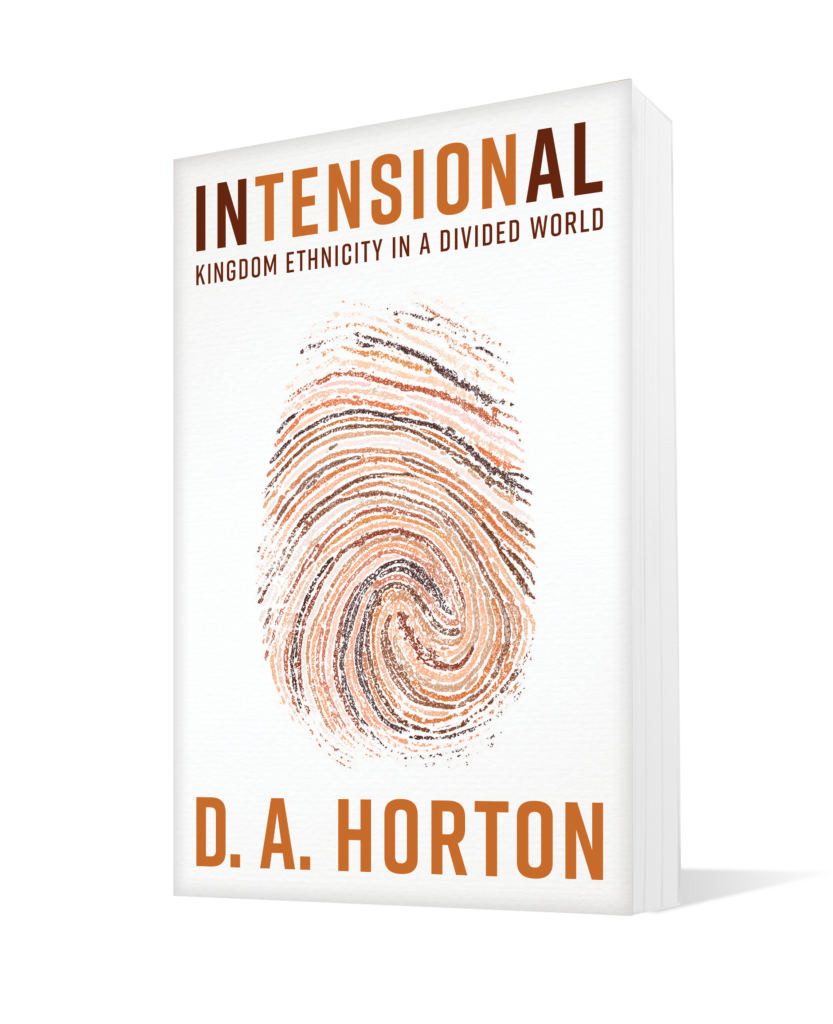Being the hands and feet of Jesus requires us to examine how we engage with the marginalized audience around us. Ignoring a marginalized audience means that the church will have a marginalized awareness of their existence and needs. A Jesus-centered understanding of mercy fuels Christians to run to people in their time of affliction.
It is very hard for a local church to meet the needs of people they have never met. Demographic studies can help a local church understand who their neighbors are, but those studies can’t keep up with the rapid rate of transition in our communities. The church must get out and become visible to meet their neighbors. The local church should be learners of their local context. The best way to learn about a local community is by being among its residents the same way that Jesus was.
In Matthew 9:35, Jesus was traveling throughout all the cities and villages. Aside from the times when Jesus retreated to be alone with the Father and the times of personal instruction with His disciples, He was always around other people. I believe that God desires us to do the same—for those whom He has saved to be visible and engaged with those in the community who still need Jesus. There’s a balance here that we must master: We as Christians should be seen doing ministry but not doing ministry to be seen. Jesus began His ministry by going to where people were, but soon, people began seeking Jesus. His availability was the magnet that attracted people, but His authenticity kept His true followers connected to Him.
The local church should be learners of their local context. The best way to learn about a local community is by being among its residents the same way that Jesus was.
Tweet
The month before my family and I relocated to Atlanta, I preached four Sundays in a row at the church I was pastoring. On each of those four Sundays, I was approached by a different drug dealer. After every sermon, one of them wanted to talk to me about their need for Jesus. I invited them to go to the church library with me so that we could further discuss Jesus’ call to faith and repentance. During the third conversation, with the third drug dealer, on that third Sunday, I finally had to ask—why had they approached me?
He said that drug dealers from the previous two weeks had told him about a pastor who communicated God’s truth in ways people from the street could understand. They’d said this pastor knew how to connect sinners to Jesus. My jaw dropped, and tears began to flow. The young man looked at me and said he knew the life transformation he desired would be impossible unless he first embraced Jesus. I walked him through the truth of the gospel, and he made a profession of faith. After this conversation, I challenged him to flush the drugs that he was going to sell down the toilet. The young man said he would—which meant his supplier would be coming after him. He asked me to pray for God’s protection over him. He had been selling drugs for so long and knew too much; leaving this line of work would be an immediate death sentence. That was also a motivation for embracing Jesus—he knew death could be around the corner. I invested the next few weeks in researching job leads and housing arrangements for some of the former drug dealers in need.
A note of caution: As we engage with people in the margins, we must set healthy boundaries with our availability; otherwise, we will extend ourselves too far, ruining other relationships and burning out. Jesus was fully God and fully human, so His capacity in reaching out to others was greater than ours. Every believer must wrestle with finding balance and understanding their limitations in being available to another human being. For unmarried Christians, be secure in the fact that you have the same amount of time as Christians who are married or have children. Please do not believe the lie that you have more time in a day because you’re not married. The relationships you build should be meaningful and should operate within the framework of holiness as seen in Scripture. When you leverage your God-given abilities, gifts, and passions for the benefit of those with whom you are in purposeful or discipleship relationships, you will flourish.
Every believer must wrestle with finding balance and understanding their limitations in being available to another human being.
Tweet
If you are married, remember to minister to your spouse first, and to your children, if you have any. You will deal with the tension of ministering to your family and to others outside your home so that your family does not become your idol and distract you from the ministry God has given you, to build relationships with others. This is the balance: Don’t sacrifice your family on the altar of ministry, but also don’t make regularly neglect fellowship with and ministry to others because of family time. You will be able to discern this balance when you spend time alone with God, hearing from Him and being led by the Holy Spirit, in addition to having ongoing conversations with your family about God’s leading.
The gospel Jesus preached announced the coming Kingdom, which included God’s visible and tangible reach to people in the margins of society (Luke 4:16-30). Jesus has given us today His authority not only to preach the gospel of the Kingdom, which is the whole story of God, but also to make disciples from people of every imaginable ethnicity. This will mean stepping into the margins, just as Jesus did.
If we do not actively pursue people who are living in the margins of society, then we can easily remain aloof to their existence and will have marginalized awareness not only of their existence but also of Jesus’ practice of distributing mercy. We must be in the habit of pursuing those who live in the margins to show them that God has not forsaken them.





